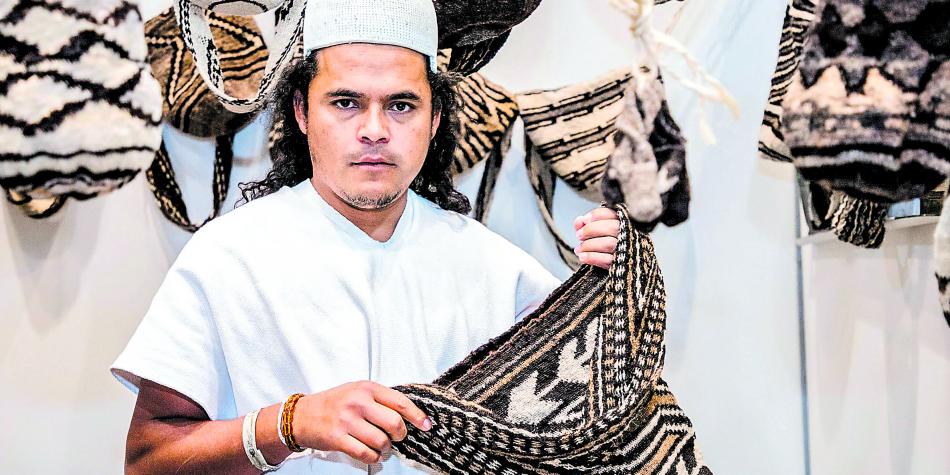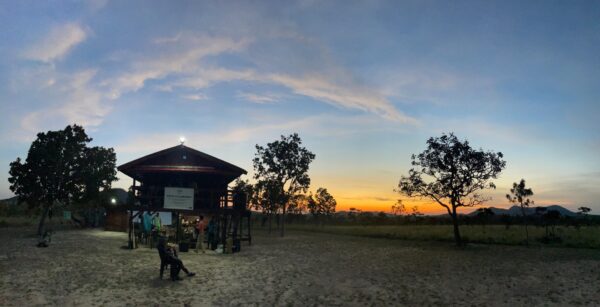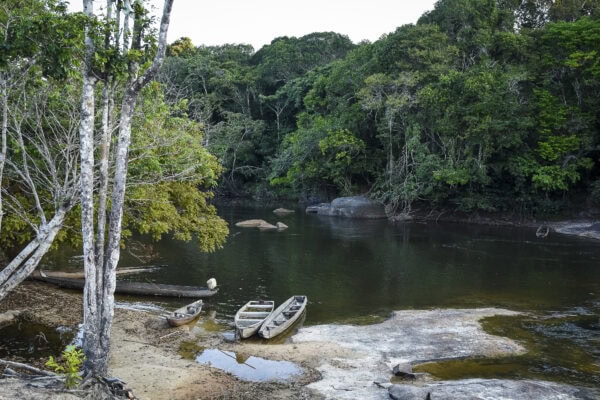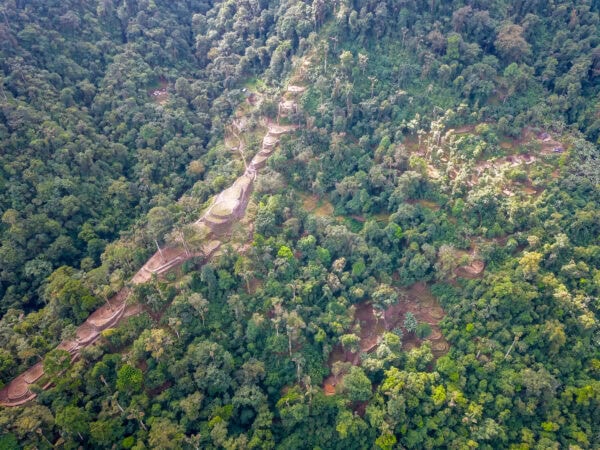March 30, 2020 – El Tiempo
A project with the Amazon Conservation Team seeks to translate major rulings that defend their rights.

Credit: Cortesía de feria FAREX
The Colombian Constitutional Court formalized with the Amazon Conservation Team a partnership whose purpose is to strengthen the dissemination of and access to the most significant decisions that the high court has issued benefitting the nation’s indigenous peoples.
The president of the Constitutional Court, the magistrate Alberto Rojas Ríos, and the director of the Amazon Conservation Team in Colombia, Carolina María Gil Sánchez, signed a memorandum of understanding in order to propagate the Court’s decisions related to indigenous communities.
Both Rojas and Gil believe that it is necessary to make progress in the promotion of ethnic rights, providing the indigenous population with tools to become familiar with the Court’s constitutional rulings.
This, in the view of the Constitutional Court, is a mechanism for citizen participation, inclusion and integration that highlights the contributions of the indigenous population to the development of Colombian society.
The idea of this initiative is that after the signing of the memorandum of understanding between the two organizations, the indigenous communities will work with the Amazon Conservation Team to identify which major rulings will be translated. Some of the areas where ethnic communities live and for which the translations will be completed are the Sierra Nevada de Santa Marta, Antioquia, Orinoquía, and Putumayo, as well as the upper, middle and lower Caquetá River region. Indigenous communities that will benefit include the Awá, Inga, Wayuunaiki, Witoto, and Embera, among others.
According to the Court, this initiative also seeks to conduct outreach with these populations in order to learn which of the rulings are the ones that best suit their needs.
The importance of this work, according to the Constitutional Court, is that it is necessary to increase efforts to prevent ethnic groups from continuing to be victims of serious violations of their rights, their autonomy, their territory and their culture, situations that the Court perceives to even endanger the groups’ survival in many cases.
These violations of their rights occur despite the fact that Colombia is a multicultural country, and that the national constitution of 1991 protects ethnic diversity and the diversity of the different cultures.
Magistrate Ríos explained the importance of this initiative: “I am convinced that these groups have been invisible throughout the history of the country, so the first step to end that marginalization is providing them with access to the decisions that have safeguarded their rights.”
He added that the project enjoys the leadership of the Amazon Conservation Team, an organization that “has worked with local ethnic communities and has promoted participatory projects that strengthen those populations as managers and leaders of their processes.”
“I am confident that the partnership with the Amazon Conservation Team will facilitate the generation of a dialogue and deliberation scenario with the indigenous communities,” said Rojas, who believes that this will be a valuable tool to empower the communities so that they can take part in governance and the defense of their rights.
One of the rulings that will be translated, Rojas explained, is SU-123 of 2018, which protected the rights to prior consultation of the Awá indigenous communities in Puerto Asís (Putumayo), who had been impacted by a petroleum exploration project in their area of influence.
The translation process, said Rojas, will engage the participation of indigenous peoples who will be able to draft the contents and interact with the magistrates of the Court in order to translate the rulings into their native languages.
Media Relations
For press release inquiries, please contact us at info@amazonteam.org.
Related Articles
Share this post
Bring awareness to our projects and mission by sharing this post with your friends.




